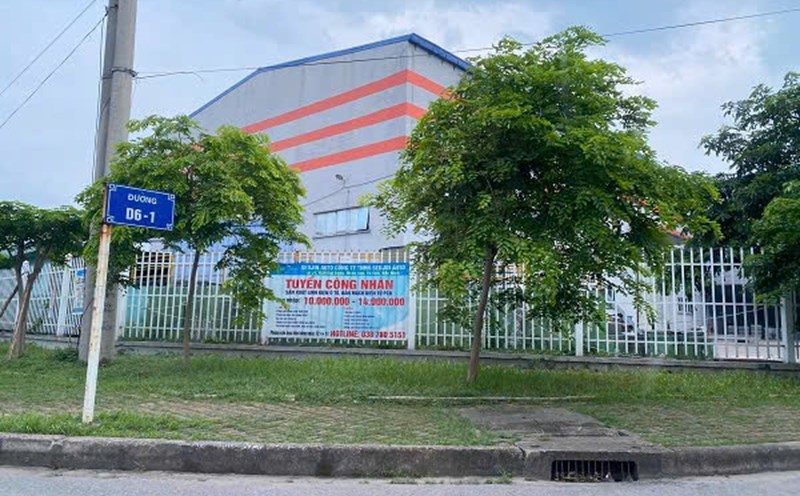Why do you need to keep your computer cool?
The computer will generate heat when it is in operation, especially when handling heavy tasks such as playing games, Graphic design, video editing or running technical software. If the heat generated from the CPU, GPU and hard drive is not released effectively, it will lead to overheating.
Excessive heat not only slows down the machine but can also cause the machine to hang up, suddenly turn off or even damage important components such as motherboards, hard drives, processors.
The role of a heating fan
A fan is a device that helps circulate air, thereby releasing heat generated during the operation of the computer. Depending on the type of device, there are many different forms of heat transmission:
For personal computers (PC):
Including CPU fans, GPU fans, and case fans.
You can add a large-capacity fan or liquid air conditioning system to gaming machines or in-depth work.
For laptops:
Laptops often have compact integrated fans, but are prone to dirt and overload.
Using a heating pad will help increase airflow, supporting better heat drainage, especially for old laptops or when used for a long time during the day.
How to use a heating fan effectively
Always keep the fan clean: The accumulated dust will make the fan turn weak or stop turning. Regular cleaning helps maintain cooling performance.
Do not cover the air intake: Place the device on a flat surface, do not use a laptop on a mattress or knee because it can easily clog the heat drainage holes.
Use a heat source for a laptop: You should choose one with a large fan and many air vents.
Replace the grille: For PCs or laptops that have been used for more than 1-2 years, the grille can dry and lose its effectiveness, so replace it to ensure good heat transmission.
Benefits of keeping your computer cool
Increasing component life
Stable engine, few errors
Reduce noise from fans when operating at excess capacity
Avoid fire and explosion caused by overheating (especially important for laptops).









